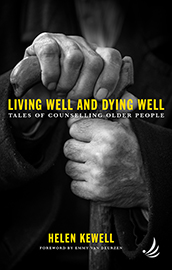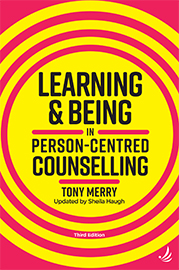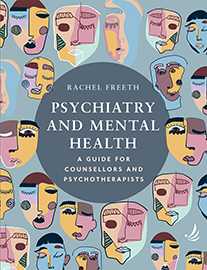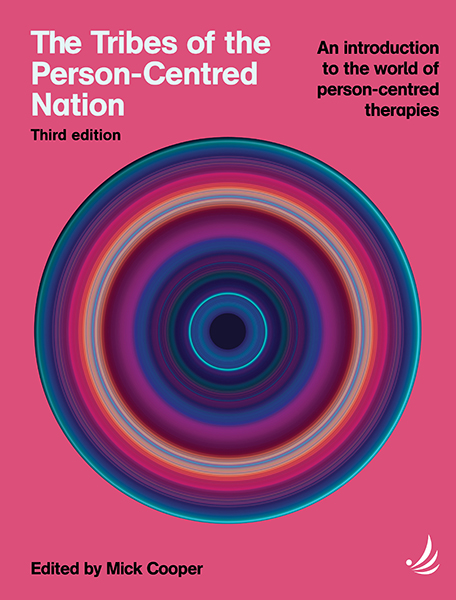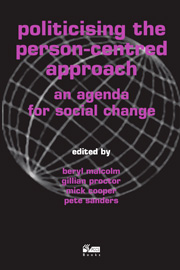Out Now
This powerful testimony to the growing confidence and reach of black women's therapy in the UK today brings together leading theorists and practitioners to present their radical thinking and innovative work at the cutting edge of intersectionality. Its chapters are hard-hitting, incisive, challenging, shocking, lyrical and inspiring, often all at once. They cover a vast spectrum of issues impacting on black women's mental health and wellbeing amid the ubiquity of racial and gender injustice, attacks and invisibility. Here you will find essays on childlessness and infertility, the black empathic approach, maternal health and epistemic justice, group work with black women, self-care in an unjust society, mixed-race multiplicity, African-centred approaches, healing transgenerational trauma, a black feminist ethics of care, and much more. The contributors describe how they have remodelled, evolved and enriched the tenets of counselling and psychotherapy orthodoxy to better meet their clients' emotional, cultural, social and political needs. Inspired by the 2022 Community Trauma UK conference 'Black Women, Trauma and Mental Health', this book is a revolutionary resource for the counselling, psychotherapy and mental health professions.
‘This necessary and timely book attests to the kaleidoscope of Black women’s experiences. A major contribution to the amplification of Black women’s voices and the advancement of developing transcultural, intersectional and holistic practice.’
Dr Ohemaa Nkansa-Dwamena, counselling psychologist and Associate Professor of Counselling Psychology, City St George’s, University of London
‘There are not enough words to describe the richness, depth and urgency of this timely and much-needed book. Silence, oppression and discrimination in their many forms are some of the vital themes that are expertly deconstructed… transformative and vital.’
Anjula Mutanda, Fellow of NCPS, BACP-accredited practitioner, media broadcaster and author
‘An invaluable resource for therapists, practitioners, policy makers, researchers and all involved in the field of therapeutic thought and practice, and beyond. We have needed a book like this for a long time… an important contribution to the field of therapeutic practice.’
Dr Jenny Douglas, Senior Lecturer in Health Promotion at the Open University and founder and Chair of the Black Women’s Health & Wellbeing Research Network


































